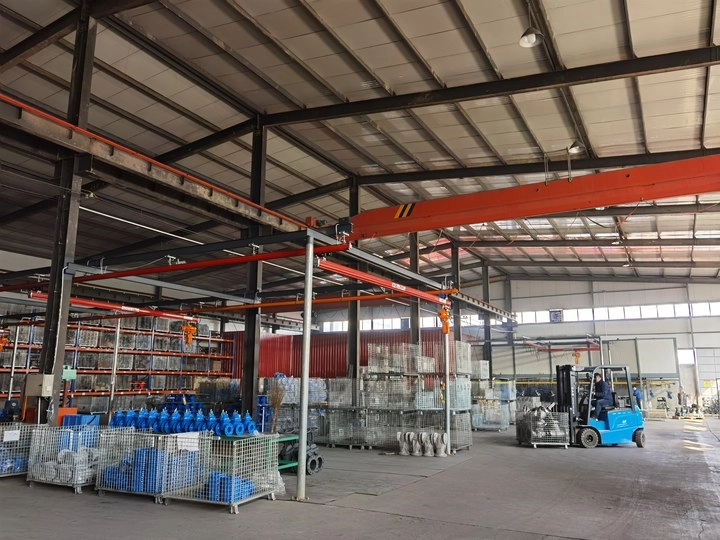globe valve
Understanding Globe Valves Design, Function, and Applications
Globe valves are critical components in various piping systems, serving primarily to regulate flow within a pipeline. Unlike gate valves that allow for on/off control, globe valves provide precise throttling capabilities, making them ideal for applications where flow control is necessary.
Understanding Globe Valves Design, Function, and Applications
One of the most notable advantages of globe valves is their ability to control flow accurately. When the valve is partially open, the flow is streamlined, allowing for smooth regulation. This is particularly beneficial in systems where maintaining a specific flow rate is critical, such as in water treatment facilities, chemical processing plants, and HVAC systems.
globe valve

In addition to flow regulation, globe valves exhibit excellent sealing characteristics. The design allows for a tight seal when closed, which minimizes the risk of leaks. This is especially important in applications involving hazardous or high-pressure materials, where even a minor leak could have significant consequences.
Globe valves come in various sizes and materials, enabling their use in diverse industrial environments. Common materials include stainless steel, brass, and cast iron, each chosen based on factors such as temperature, pressure, and fluid type. Furthermore, globe valves can be configured for different operating conditions, including manual, electric, or pneumatic actuation.
However, there are some disadvantages to consider when using globe valves. Among them is the relatively high pressure drop across the valve due to the flow restriction caused by the disk design. This pressure loss can be a crucial factor in systems where energy efficiency is a priority.
In conclusion, globe valves play a vital role in the management of fluid flow across a variety of industries. Their ability to finely tune flow rates while providing reliable sealing capabilities makes them indispensable in many engineering applications. Despite some drawbacks, the benefits they offer in precise flow control and safety can often outweigh the disadvantages, making them a preferred choice for system designers and engineers. Whether in residential plumbing or industrial applications, globe valves continue to be a standard for effective fluid control.
-
The Key to Fluid Control: Exploring the Advantages of Ball Valves in Industrial SystemsNewsJul.09,2025
-
The Versatile World of 1, 2, and 3 Piece Ball ValvesNewsJul.09,2025
-
Stainless Steel Ball Valves: The Ideal Choice for Efficient Flow ControlNewsJul.09,2025
-
Optimizing Fluid Control with Ball Float ValvesNewsJul.09,2025
-
Manual Gate Valves: Essential for Control and EfficiencyNewsJul.09,2025
-
Everything You Need to Know About Butterfly ValvesNewsJul.09,2025
-
The Versatility of Wafer Type Butterfly ValvesNewsJul.08,2025




